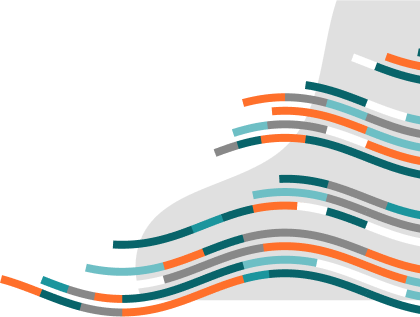Most people associate funeral directors with death and dying. Funeral directors, however, view their profession as one that celebrates life with dignity, compassion, and respect while caring for the survivors: the bereaved.
The role of a funeral director is extensive. Families and communities look toward a funeral director for guidance – both ceremonial and spiritual – during emotional times. In order to serve these families and communities successfully, funeral directors must be knowledgeable of technical sciences, business management, law, and psychology. A funeral director’s duties include:
- Arranging the removal of the deceased from the place of death
- Preparing the body of the deceased according to the wishes of survivors and requirements of federal and state law for final disposition
- Arranging and directing funeral ceremonies according to the wishes and customs of survivors;
- Securing legal documents, filing death certificates, and assisting survivors in filing claims for death benefits
- Serving as a bereavement counselor and helping survivors adapt to changes in their lives following a death of a loved one
- Providing aftercare programs for survivors, including programs for handling the holidays and helping children understand death
- Participating in community betterment programs and joining civic organizations
IFDA members agree that becoming a funeral director is more than a job, it’s a career and a way of life. The best way to learn about the funeral service profession in Iowa is to visit your local IFDA member (check out the carousel of members on our home page and click to follow the website of a specific member). As licensed funeral professionals, Association members offer insight and advice while helping you decide if a career in funeral service is right for you.
Ready to learn more about HOW to become a funeral director? Check out the Iowa Educational Requirements.

